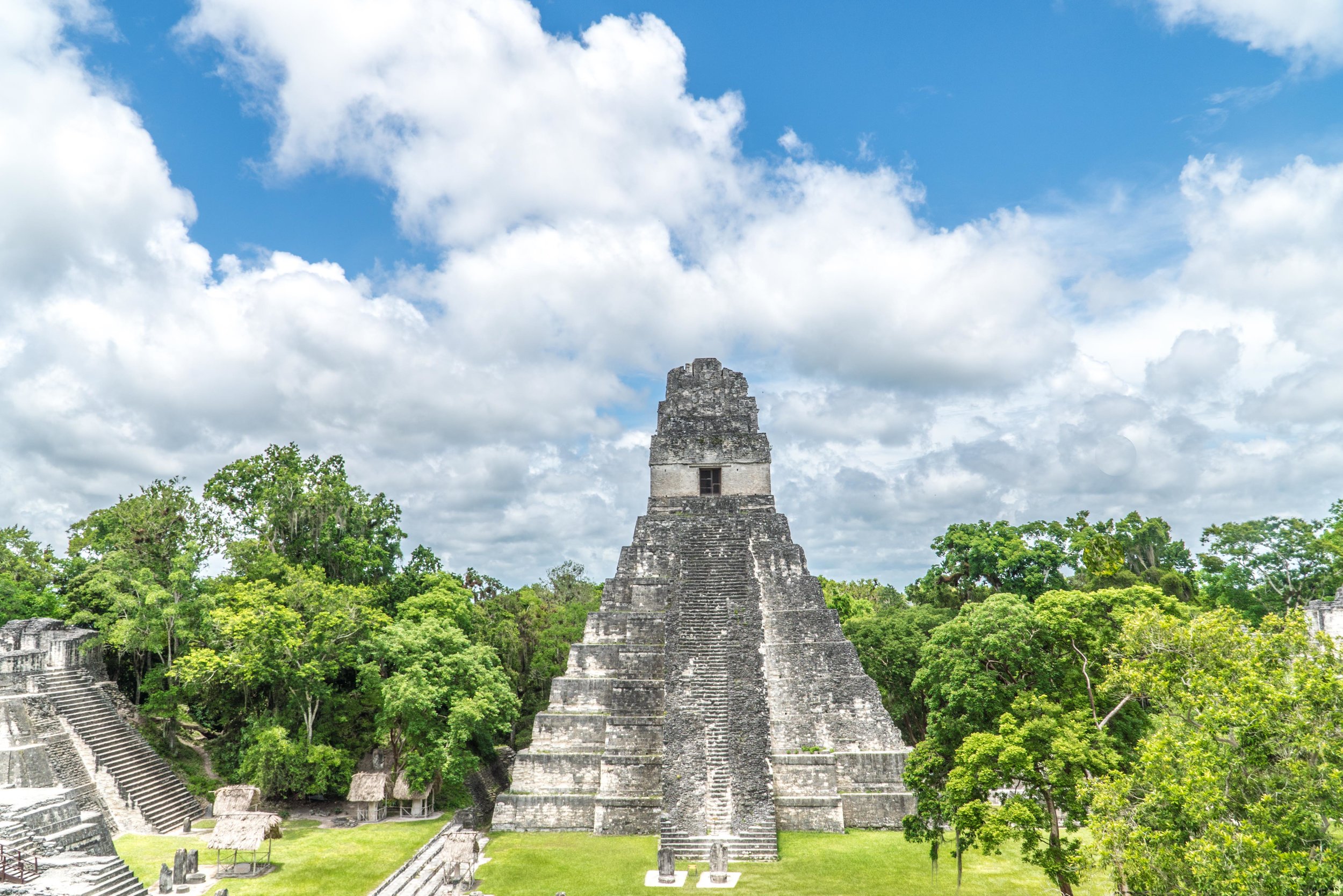What I Learned from a Year of Investing in Experiences
The days between my 30th birthday last year and my 31st birthday one month ago today saw me undertake something of a social experiment, where I committed to 12 months of living experientially. Something I called, my "30 at 30 List." It wasn't so much a travel bucket list, since it involved a lot of things that weren't related to travel, but rather a life experiences list. While travel has been central to my personal growth the last few years, it's not the end, but rather a means to an end. This was a challenge to pursue dreams (both tangible and intangible), doing things that I had always said I wanted to do, but had never done. What ensued was a year of living purposefully and taking calculated risks. And I learned...a lot. I recently wrote about 30 things I learned from my one-year life/bucket list. But I'm not here to merely reflect on and rehash those things, but rather discuss how it's propelling me in living a more experiential, well-lived life.
I truly believe that where I currently stand in life is a direct result of many of the things I undertook last year, which has found me moving from Seattle to L.A. (and what for the first time, genuinely feels like home), picking up new hobbies (like paragliding, snowboarding, and shooting bow and arrows), attending Spring Training and March Madness in consecutive years, feeling comfortable and excited about dating, working on new work projects, picking up new skills (like bartending), and learning my limits (I CAN fly a plane, but I can only do so many barrel rolls before I lose my lunch).
But what's the value of all these things? I feel like we live in such a data-driven society, where numbers justify our quality of life. What's your income level? How many kids do you have? How many countries have you visited? How many Twitter followers do you have? And these numbers are often tied to a ranking or percentage, judging a person's "worth". There are standardized tests used to evaluate the success of students and teachers. Approval ratings measure a president's acceptance by the public. And something called Klout indicates whether someone is influential online. In such a numbers-driven society, how can we put a value on and measure experiences?
The last few weeks have seen me feel more satisfaction, pride, and sense of accomplishment than ever in my life. I feel like I've said that each of the last three years, but each year has continued to build off that feeling. I could show you case studies of my work, samples of published writing, bank statements, testimonials, and so on in an effort to prove my worth. Those things can prove a lot. But there's a lot that it doesn't show. It doesn't show the intangibles. It doesn't show why I'm so happy. It doesn't show what drives me. It doesn't show why I want to continue to up the ante. It doesn't measure my level of contentment. The fact is that there's no value you can put on experiences. I can draw a direct connection between what I did last year and new hobbies, interests, relationships, and pushed boundaries. And for that reason, and many others, I can't, and won't stop. But there are a few things that I'm learning that are imperative if I intend on continuing to invest in experiences and expect a return from it.
1. My sentiments toward investing in experiences doesn't make investing in material things inferior. Listen, I'm not telling you how to live your life. But I lived most of my life living what I thought the world expected of me. Living it on my own terms changed everything. This is how I've chosen to live life because of the return I've gotten. And it's not something you can place a value on. You may invest in a start-up that earns you millions of dollars and the opportunity to own things that you couldn't otherwise have. I've tried living on both sides of the fence: The one, where I was trying to accumulate the possessions that as an adult I thought I was supposed be accumulating, and the other, where I was trying to accumulate experiences that I wanted to do, and in turn was bettering my life. I, however, have chosen to continue on a course with the latter.
2. It's not a race. There was one point, after the first quarter of the 30 at 30 List, that I was on track to complete 60 items. Even on my birthday a few weeks ago, I had a few friends ask me if I was going to do a "400 by 40 List." Believe me, I strongly considered that. But it was professional golf great Ben Hogan who said, "As you walk down the fairway of life you must smell the roses, for you only get to play one round." Lists like that aren't the end. They are a means to an end, and to make it about reaching a number, rather than each experience itself, makes it about the tangible, rather than intangible, defeating the entire purpose. So instead, I've made a new monthly challenge/commitment, to do one thing every month that is risky, challenging, scary, or that I've always wanted to do. And yes, I do have a monthly alert set on my phone.
3. The great affair is to move. Travel has become secondary on this list. There are thousands of places I want to see, but as I mention above, the moment it becomes about checking an item off a list, it loses its intangible value. I've found that more than anything, what I long for is change. It was Seneca who said that it's not just travel that imparts new vigor to the mind, but travel and change of place. The entire reason that I travel is for change. I find that I'm at my best when I remove myself from the comforts of my day-to-day life and plant myself in a position that requires me to use all five senses to act and react. If I don't at least attempt to snowboard, how will I ever know that it should become a hobby of mine?
4. Maximizing my life with experiences, rather than possessions, draws people in and makes it about something bigger than myself. A couple weeks someone approached me and told me, "Well, I guess you've reached your goal then." Noticing what I imagine was a quizzical look on their face, they continued, "You know, your goal of feeling as if you've contributed to the world." They were talking about themselves, while quoting my recent blog post in which I said, "If one person is inspired by me to go against the grain, take some risks, and follow it through, then I'll feel like I had contributed in making the world a better place." It was the best thing anyone could ever have said to me, and yet another reason that I feel so compelled to continue on a course of investing in experiences. It was Howard Thurman who said, “Don’t ask what the world needs. Ask what makes you come alive, and go do it. Because what the world needs is people who have come alive.”
5. There are no refunds, returns, or exchanges on experiences. I can't go to the local pawn shop and ask them, "Hey, how much could you give me for all of the thoughts, feelings, and memories of learning to surf?" There's a value on experiences that can't be placed on material goods (which this Salon article elaborates on). Your experiences, and all of the feelings, thoughts, and memories that are associated with them are wholly yours, and while they may be shared with someone else, they are entirely yours in a way that a car or a phone or a house can never be. Even those experiences, like missing the train twice in London, which in the moment may have been undesirable, I wouldn't want to replace it if given the chance.












